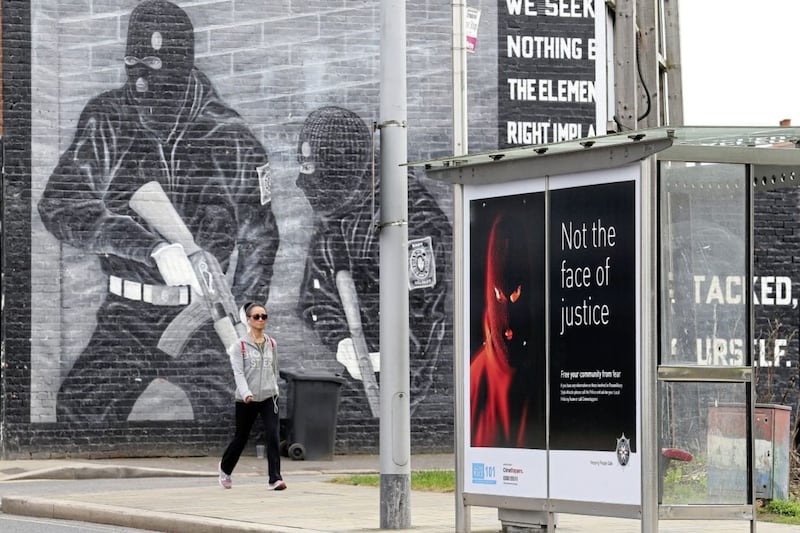THE body representing the north's trade unions has chosen to adopt a "pragmatic" approach to the latest Stormont agreement rather than calling its members onto the streets.
Irish Congress of Trade Unions (ICTU) general secretary Peter Bunting said his organisation had "looked into abyss" but decided campaigning against the Fresh Start agreement would be "catastrophic" for the north.
Mr Bunting was speaking to The Irish News after public sector union Nipsa voted to reject last month's Fresh Start agreement. Nipsa general secretary designate Alison Millar said the latest deal did nothing for the union's members, the north's citizens or the region's public services.
In January, the ICTU took out a series of newspaper ads where it labelled last year's Stormont House Agreement a "bad deal" that served a "Tory agenda".
But earlier this month the union umbrella body voted to support what is effectively 'Stormont House 2'.
Mr Bunting said that while the ICTU had agreed to support the November 17 deal, it remained opposed to welfare reform, a regional cut in corporation tax and the public sector voluntary exit scheme. However, he said his organisation had decided to adopt a policy of "constructive opposition".
He said one of the key differences between the circumstances of last year's deal and a Fresh Start was that this time around all the Stormont parties had sought extra money from London.
"The last time all the political parties didn't make a demand on the British to pay more money while this time they did," he said.
"I think there has been a change in the relationship between some of the political parties and an acknowledgement that we'll all have to work together to make Northern Ireland a better place."
Mr Bunting said it was wrong to lay blame for the cuts at Stormont's door.
"I think people need to realise that while we can be highly critical of our own assembly, direct rule would be a lot worse for the citizens of Northern Ireland," he said.
"We looked into an abyss and we withdrew from the abyss because the inevitability of having a major oppositional campaign against our own politicians was catastrophic in the long term for us."
He said another key factor in the ICTU's response was a "cast iron commitment" that the public sector voluntary exit scheme was not compulsory. In January, the trade union umbrella body had warned that the Stormont House Agreement would lead to 20,000 job losses. He said the proposed redundancies from Fresh Start would be closer to 10,000 and he urged union members to reject the exit scheme.
Mr Bunting said it would be duplicitous of the ICTU to say it was opposed to jobs cuts while facilitating them.
"The people who are availing of the exit scheme should be told to hold fire," he said.
"I don't think we should be facilitating people to leave the public sector under the voluntary exit scheme because they are selling jobs which I believe aren't theirs to sell."
He said the hundreds of millions of pounds of borrowed money used to fund the exit scheme should instead be invested in infrastructure and used to create jobs.
Mr Bunting said the ICTU was opposed to reducing the regional rate of corporation tax and that he did not believe the cut - expected in 2018 - would ever happen.
"I don't think we'll ever see a corporation tax cut," he said.
"The terms of the agreement say 'when it's affordable' and that was never said in the previous Stormont House agreement - so it'll never be affordable."








